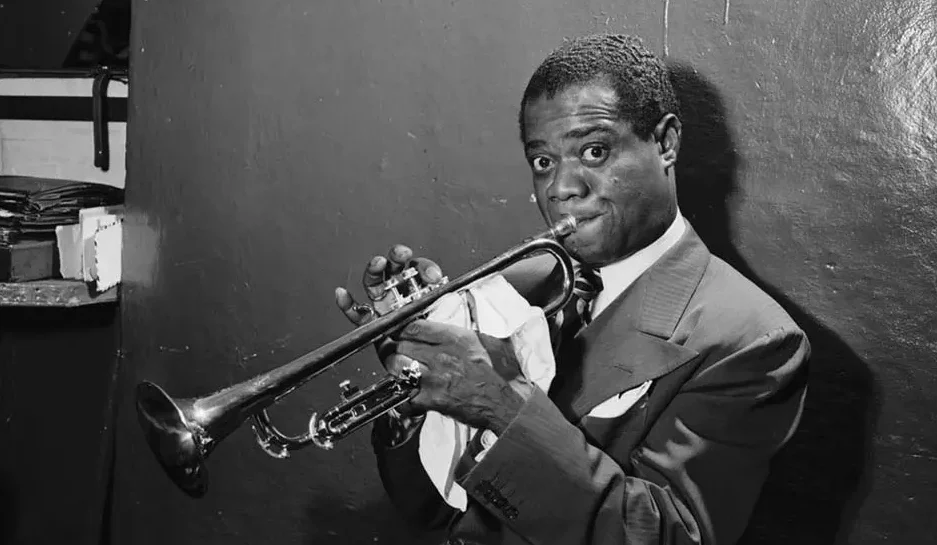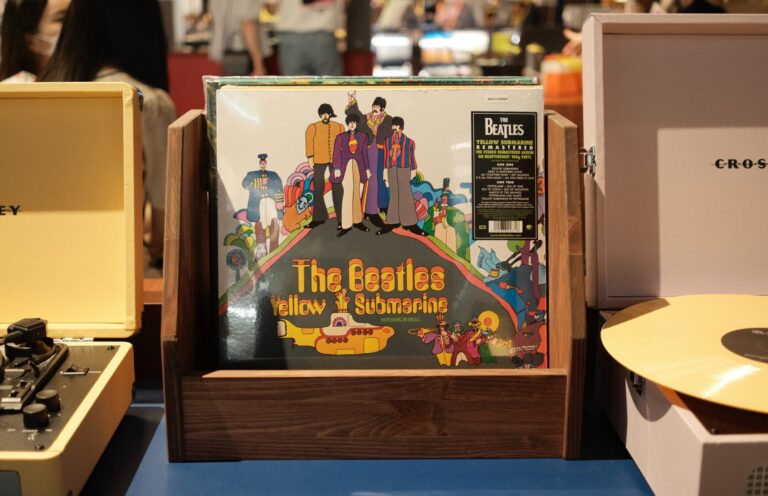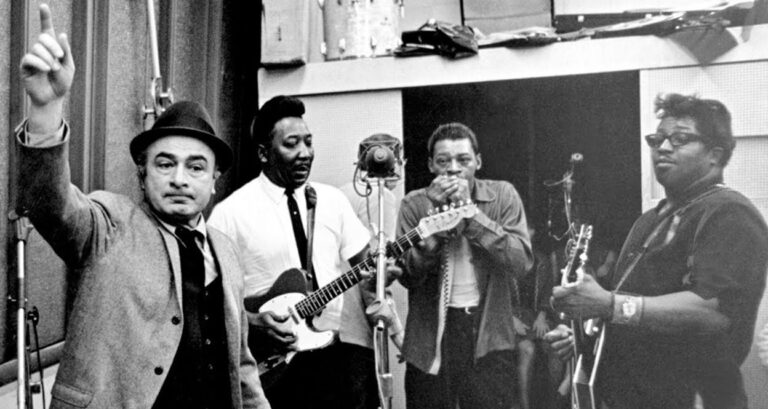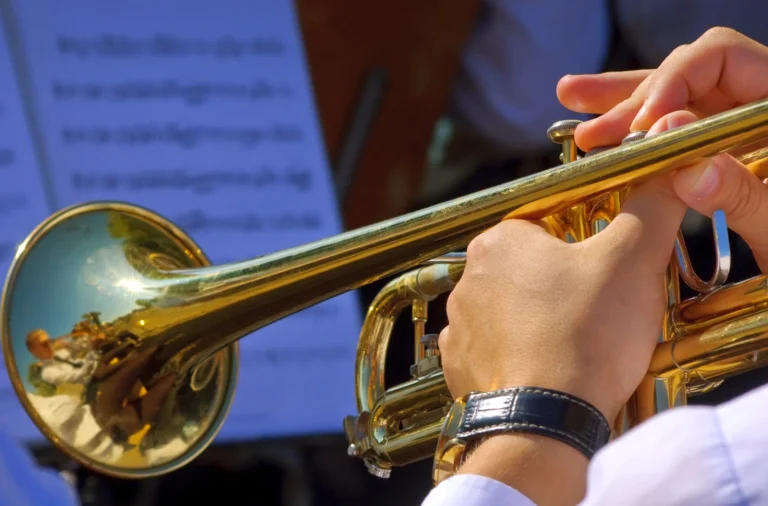In Search of the Greatest Trumpeters of All Time
The trumpet is a brass instrument that has been an integral part of music for centuries. Its unique sound and versatility have made it a popular choice in various genres of music, including classical, jazz, and pop. The trumpet has a rich history, dating back to ancient civilizations such as Egypt and Rome, where it was used for military purposes and ceremonial events. Over time, the trumpet evolved, and its use expanded beyond the military and ceremonial events to become a staple in orchestras and jazz bands.
The trumpet’s significance in music cannot be overstated. Its bright and powerful sound can be heard over other instruments, making it an ideal choice as a lead instrument. In jazz music, the trumpet has been a crucial component, with many of the greatest jazz musicians being trumpeters. Louis Armstrong, for instance, is widely regarded as one of the best jazz trumpeters of all time, with his influence over jazz music being immense. Other notable jazz trumpeters include Lee Morgan, Freddie Hubbard, and Wynton Marsalis, who have all made significant contributions to the genre.
Jazz music has been at the forefront of trumpet music, and the instrument’s importance in jazz cannot be overstated. The trumpet’s ability to improvise and play with feeling has made it a popular choice in jazz bands, where it is often used to play solos and lead the band. Jazz trumpeters have been at the center of almost every major revolution in jazz history, from the early days of Louis Armstrong to the modern era of Wynton Marsalis and beyond. The trumpet’s versatility and importance in music make it a beloved instrument that will continue to inspire musicians for generations to come.
Louis Armstrong: The King of Jazz Trumpet
Louis Armstrong is widely considered the greatest trumpet player of all time, known as the King of Jazz Trumpet. His influence over jazz music is immense, as he was at the forefront of almost every major revolution in jazz. Armstrong had a difficult childhood, but he started playing music at a young age and quickly developed his skills as a trumpeter. He began his career playing in various bands in New Orleans, eventually joining King Oliver’s Creole Jazz Band in Chicago.
Armstrong’s contributions to jazz music are immeasurable. He was a pioneer of the jazz solo, and his improvisational skills were unmatched. Armstrong’s unique style and sound revolutionized jazz and influenced countless musicians who came after him. He was also an accomplished singer, and his collaborations with Ella Fitzgerald and other vocalists are considered some of the greatest recordings in jazz history.
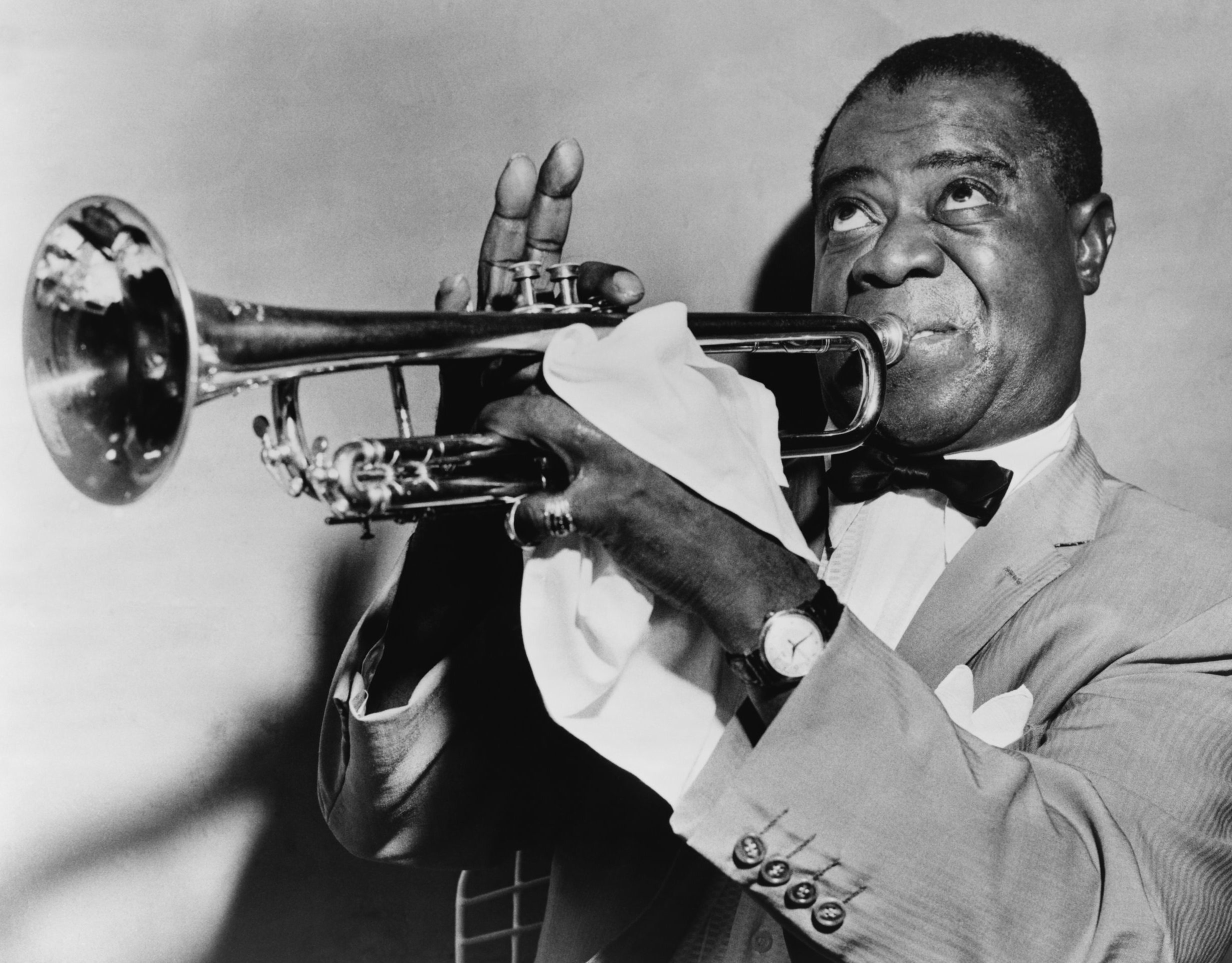
Armstrong’s legacy and influence on future musicians are undeniable. His influence can be heard in the playing of countless jazz trumpet players, including Lee Morgan, Dizzy Gillespie, and Miles Davis. Armstrong’s cultural and political situation of his fame is also a subject of study, as well as the five major areas of his career, which include his early years in New Orleans, his time with King Oliver’s band, his work with his own bands, his success as a solo artist, and his later years as a cultural ambassador. Armstrong’s impact on jazz and music as a whole cannot be overstated, and he remains one of the most important and beloved figures in music history.
Miles Davis: The Innovator of Modern Jazz Trumpet
Miles Davis is widely regarded as one of the greatest trumpeters of all time, known for his innovative style and contributions to the development of modern jazz music. Davis was born in Alton, Illinois in 1926 and began playing the trumpet at the age of 13. He later attended the Juilliard School of Music in New York City, where he honed his skills as a musician.
Davis made significant contributions to jazz music throughout his career, particularly in the development of bebop, cool jazz, and fusion. He was known for his unique improvisational style and use of modal jazz, which departed from the traditional chord progressions of jazz music. Davis’ album “Kind of Blue” is widely regarded as one of the most influential jazz albums of all time and helped to popularize modal jazz. His collaborations with other jazz legends, such as John Coltrane and Herbie Hancock, further cemented his status as a pioneer in modern jazz.
Davis’ legacy and influence on future musicians cannot be overstated. He inspired countless musicians with his innovative approach to jazz music and helped to shape the sound of modern jazz. His influence can be heard in the music of many contemporary jazz musicians, and his impact on the genre continues to be felt to this day. Miles Davis remains an icon in the world of jazz music and will forever be remembered as one of the greatest trumpeters of all time.
Dizzy Gillespie: The Pioneer of Bebop Trumpet
Dizzy Gillespie is widely regarded as the pioneer of bebop trumpet, a subgenre of jazz that emerged in the 1940s. Gillespie’s contributions to jazz music are numerous, and his legacy continues to influence future generations of musicians. Born in South Carolina in 1917, Gillespie began playing the trumpet at a young age and quickly developed a passion for jazz music. He moved to New York City in the 1930s and began playing in various bands, including those of Cab Calloway and Teddy Hill.
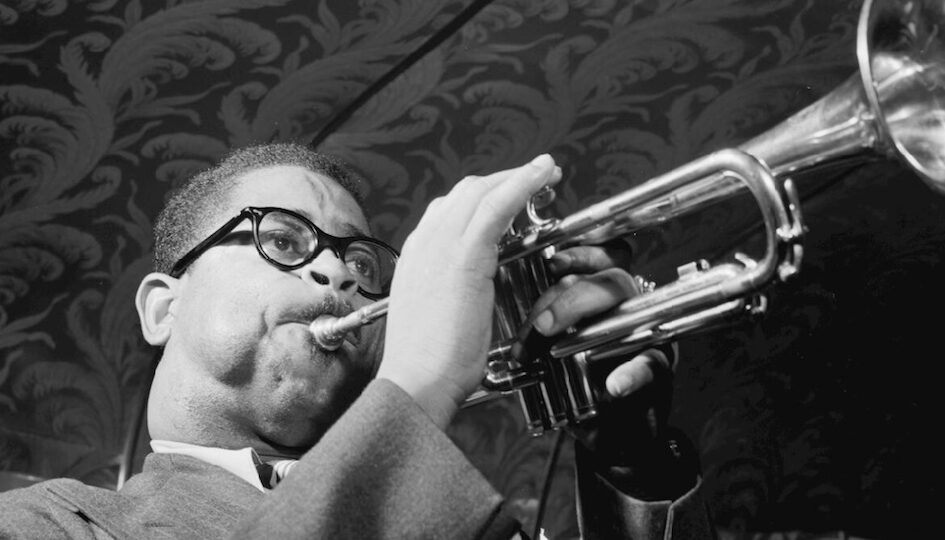
Gillespie’s contributions to jazz music are significant and far-reaching. He is credited with co-founding the bebop movement along with Charlie Parker, which emphasized improvisation and experimentation in jazz music. Gillespie’s virtuosic trumpet playing and innovative musical ideas helped to redefine the jazz genre and inspire future generations of musicians. He also incorporated elements of Afro-Cuban music into his jazz compositions, further expanding the boundaries of the genre.
Gillespie’s legacy and influence on future musicians cannot be overstated. He continued to perform and record music throughout his career, even as he faced health challenges in his later years. His influence can be heard in the music of countless jazz musicians who have followed in his footsteps, including Miles Davis and Freddie Hubbard. Gillespie’s contributions to jazz music have earned him a place among the greatest trumpet players of all time, and his impact on the genre will continue to be felt for generations to come.
Wynton Marsalis: The Modern Master of Trumpet
When it comes to modern jazz trumpeters, Wynton Marsalis stands out as one of the greatest of all time. Born in New Orleans in 1961, Marsalis was exposed to jazz music from a young age, as his father was a pianist and jazz educator. Marsalis began playing trumpet at age six, and by age 14, he was performing with local bands. He went on to study at the Juilliard School in New York City, where he honed his skills and developed his unique style.
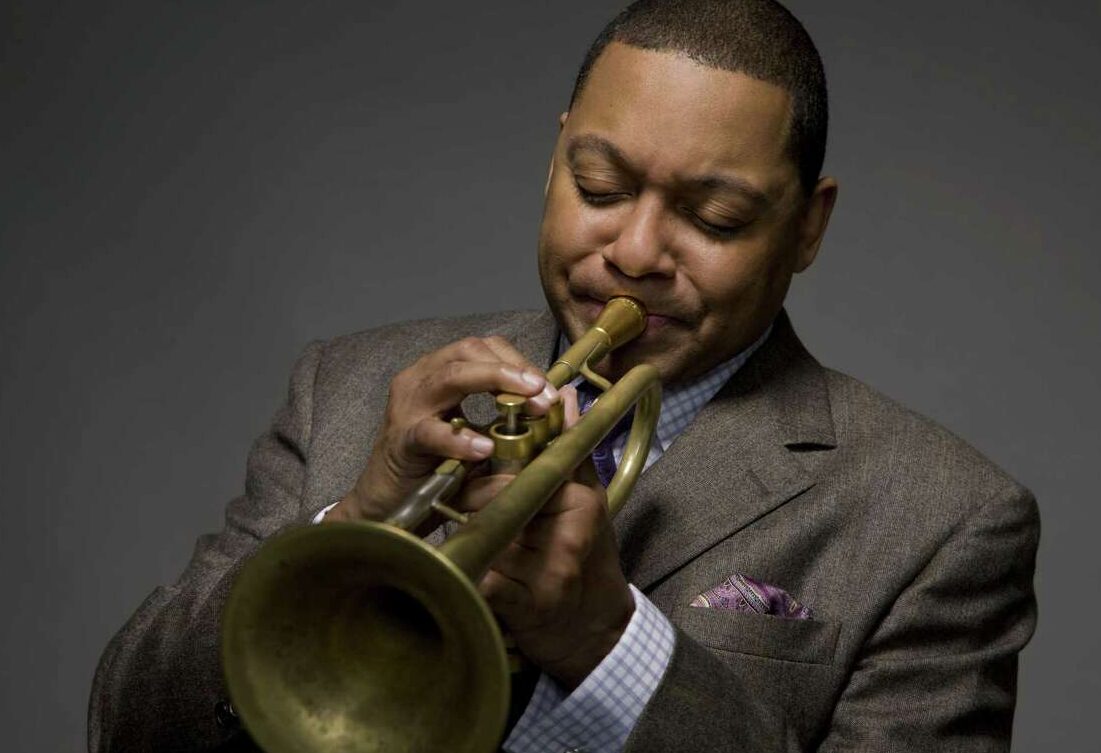
Marsalis’s contributions to jazz music are numerous and significant. He has won nine Grammy Awards for his recordings, and he is the only musician to have won both classical and jazz Grammy Awards in the same year. Marsalis has also been a strong advocate for jazz education, founding the Jazz at Lincoln Center program in New York City, which provides educational opportunities for young musicians. Marsalis’s performances and recordings showcase his virtuosity on the trumpet, as well as his ability to blend traditional jazz styles with modern influences.
Marsalis’s legacy and influence on future musicians cannot be overstated. He has inspired countless young musicians to take up the trumpet and pursue careers in jazz music. His commitment to jazz education has ensured that the genre will continue to thrive for generations to come. Marsalis’s influence on modern jazz music is evident in the work of many contemporary jazz musicians, who have been inspired by his innovative approach to the trumpet and his dedication to preserving the traditions of jazz. Overall, Wynton Marsalis is a modern master of the trumpet, whose contributions to jazz music will be remembered for years to come.
